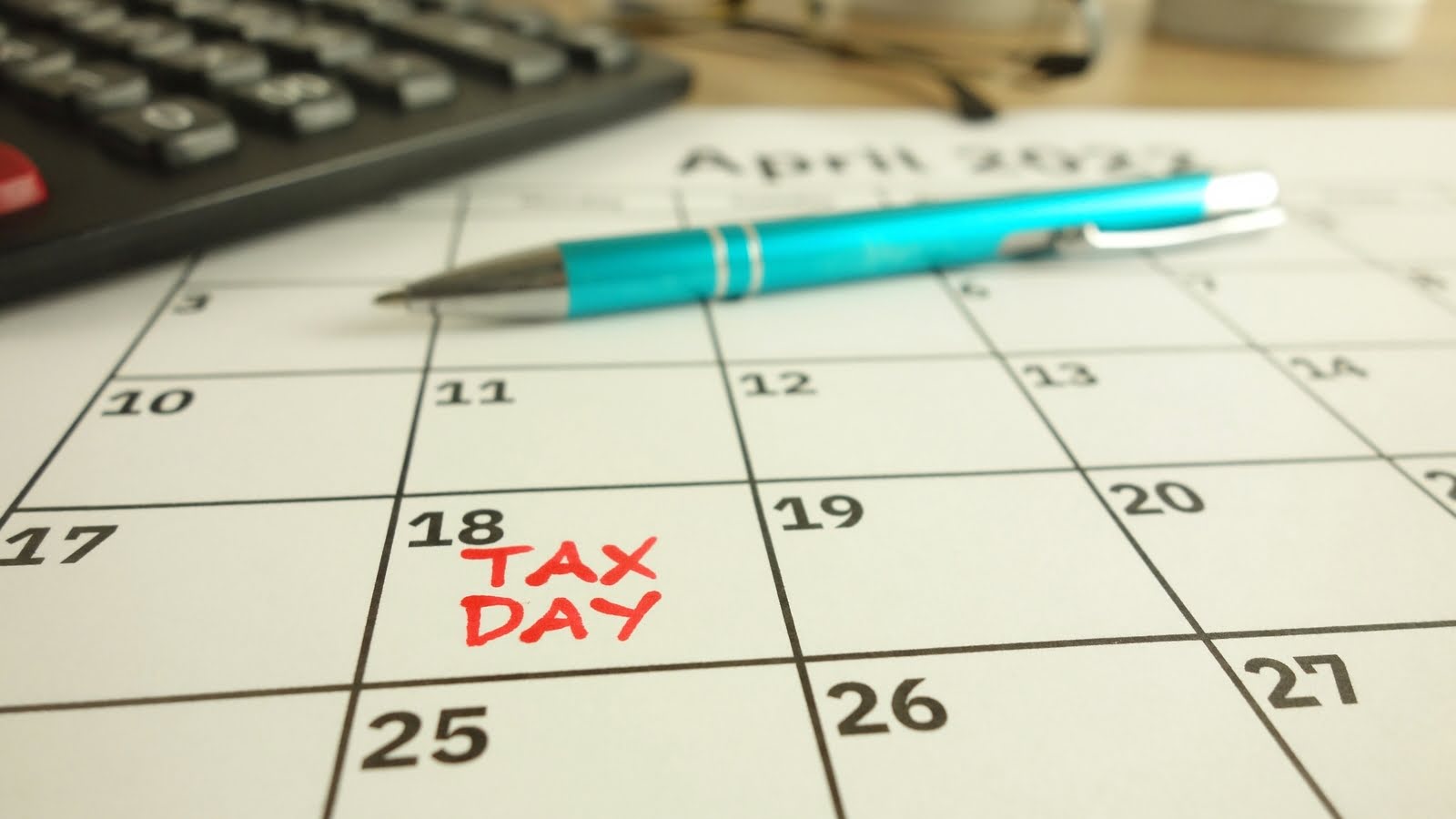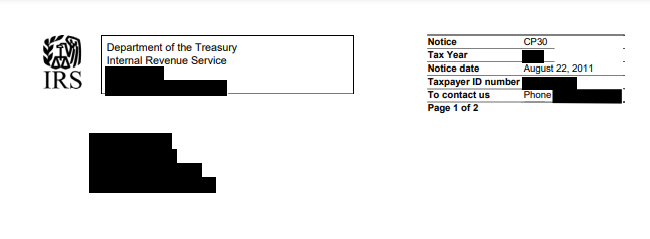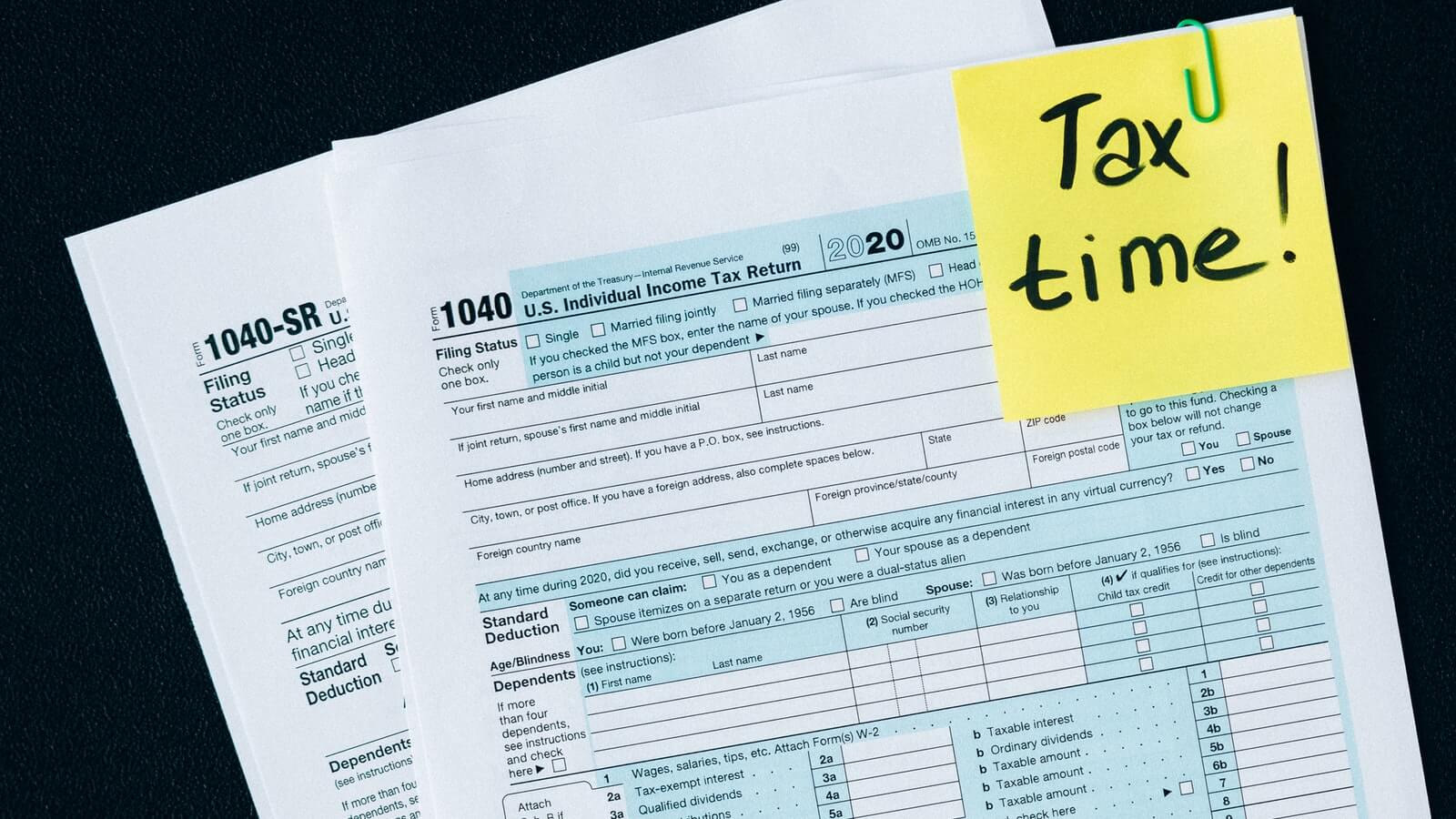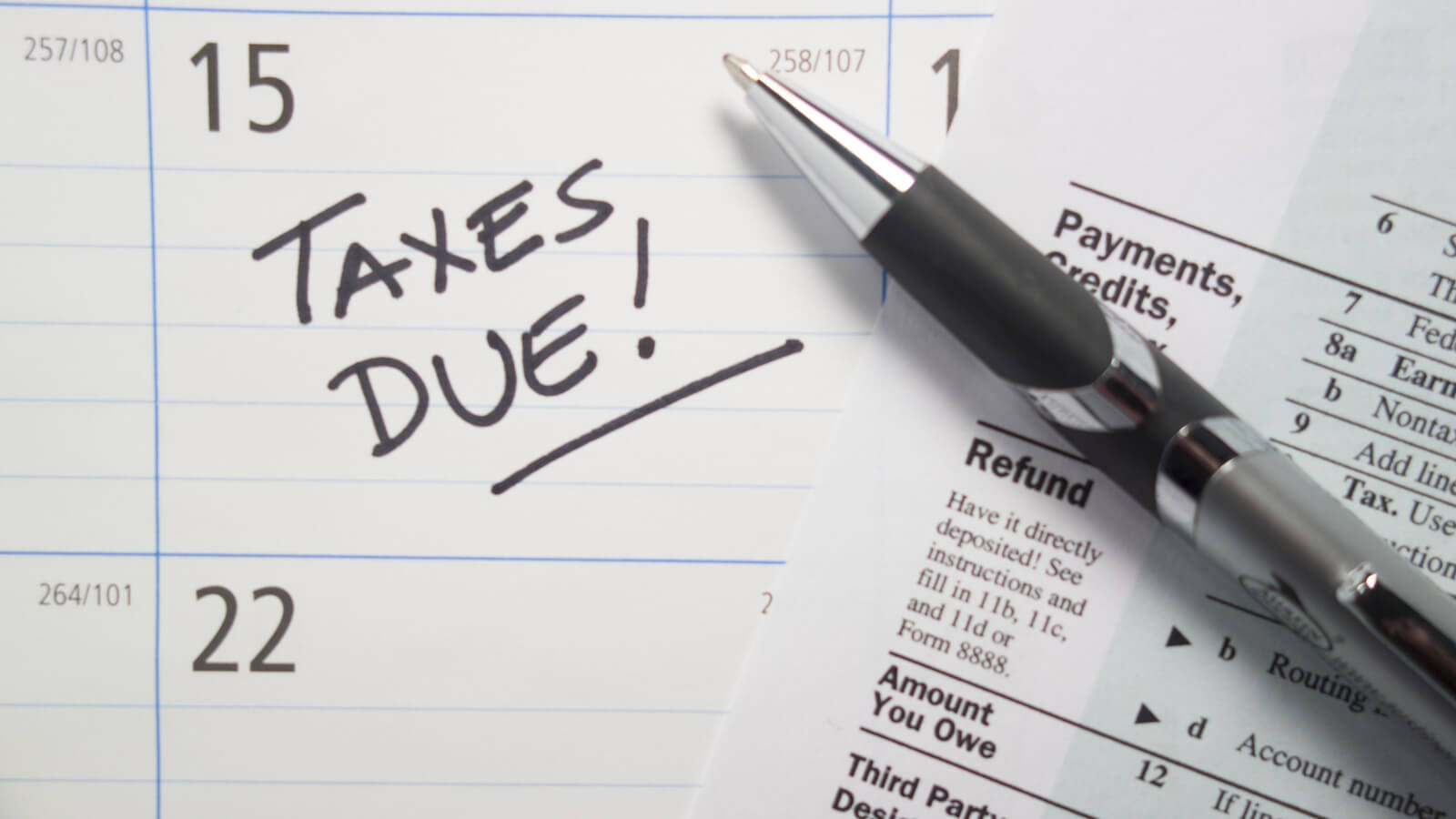If you don’t get enough withheld in taxes annually, the IRS says you have to pay them throughout the year in the form of quarterly estimated tax payments. Find out if that’s the best option for you — or whether you should pay the penalties instead.
Most Americans only pay taxes once a year. Their employers will automatically take money from their paychecks to go toward their taxes, which alleviates most of their tax liability.
However, most people that own a business, are self-employed or have other investment income don’t have as much in taxes withheld compared to traditional employees. In that case, they might have to pay their taxes quarterly to compensate for that.
The IRS says you should make estimated payments if you expect to owe $1,000 or more in federal taxes when your return is filed. However, the decision to make quarterly payments isn’t as black-and-white as the IRS makes it out to be.
Although those guidelines exist, many business owners forgo their estimated payments and prefer to pay taxes once a year, including penalties and interest. You should consult your tax advisor before deciding to make estimated payments — but the decision depends on your income, business structure, investments and more.
Contents |
| What are estimated payments? |
| When are estimated payments a good idea? |
| When is paying taxes annually a good idea? |
| When are estimated payments due? |
What are estimated payments?
Your taxes operate on a “pay-as-you-go” system, as the IRS puts it. That means exactly what it sounds like: you should pay your tax liability throughout the year. Many Americans do this by having their taxes withheld from their paychecks, so their W-2 covers their tax liability.
But what if you’re self-employed and don’t have your taxes withheld? Or someone who makes a chunk of their income through investments, which also don’t have taxes withheld? In that case, the IRS says you have to pay your taxes every quarter to make up for not paying as you go.
The general rule is if you expect to owe $1,000 or more in taxes when your return is filed, you likely should be making estimated payments. This includes individuals like sole proprietors, owners of partnerships, owners of S corporations and more.
If you didn’t have a tax liability for the prior year, you generally don’t have to worry about estimated taxes. Not sure if you had a tax liability last year? If you didn’t have to file a return or if you got a tax refund last year, then your liability was covered.
If you don’t make estimated payments and you’re supposed to in the eyes of the IRS, then you’ll owe an underpayment penalty on your unpaid taxes. But in some cases, you and your tax advisor may decide the penalty is worth it.
When are estimated payments a good idea?
If you expect to owe more than $1,000 in taxes, then you might be a candidate for estimated taxes.
Depending on your job, business entity and income, making quarterly payments makes the most financial sense. These are the cases where that might be best — as long as you expect to owe $1,000 or more in taxes.
You make a steady income throughout the year
Estimating what you owe in taxes largely depends on your income. It’s much easier to figure out what you owe when your income doesn’t fluctuate much. This might be the case for someone like a freelance journalist who has consistent work throughout the year. Of course every month won’t be the same, but the differences won’t be drastic. This is the case with many other types of independent contractors as well.
You don’t want to pay a huge tax bill
Whether you’re an individual, independent contractor or a business owner, you may want to save yourself from a huge tax bill later in the year. Depending on your budget and business, this can be a huge burden. Quarterly payments can help alleviate that.
If this is the case, then you should follow what’s called the safe harbor rule and pay 100 percent of your tax balance from last year. You might still owe a balance, but you won’t owe a penalty. On the flip side, if you pay more than you needed to, the IRS will give you that money back as a refund or let you apply it toward the next tax year.
You don’t want to pay penalties
Paying your taxes quarterly doesn’t just save you from paying a big cost altogether — it can bring down your total cost. People who opt to pay their taxes all at once who were supposed to pay quarterly have to pay more in underpayment penalties and interest. If you want to be as penalty-proof as possible, then you should pay more than the safe harbor rule requires. That means working with a tax advisor to run more accurate estimates, or doing it on your own.
When is paying taxes annually a good idea?
In some scenarios, people who are supposed to pay quarterly taxes simply don’t. They prefer to pay the penalties associated with it for a variety of reasons. Although this isn’t what the IRS recommends, it might actually be beneficial if any of the following applies to you.
Your income fluctuates throughout the year
Depending on your profession, your income might look very different from quarter to quarter, or even month to month. Some examples are attorneys, real estate agents and day traders. This makes it difficult to estimate how much you’ll owe, which is why these types of people prefer to wait for the IRS to tell them how much they owe.
You have several investments
Just like a fluctuating income, having several investments can also make it difficult to estimate how much you owe each quarter. These investments can include ownership of S corps or partnerships. People who have these investments won’t know how much they owe until they receive their Schedule K-1, which reports an individual’s share of income. People who own S corps or partnerships typically wait to receive this before they pay taxes.
You don’t mind paying penalties
If the IRS requires you to pay estimated taxes and you don’t, you’ll be hit with an underpayment penalty on your unpaid taxes. But if you’re aware of this and can afford it, there’s nothing stopping you from just paying your taxes annually. You should only do this if you know you could afford it and it makes financial sense. You don’t just have to pay the underpayment penalties, your unpaid taxes will incur interest, too — so make this decision with the help of a tax advisor.
When are estimated payments due?
When you’re making estimated payments, you have four dates to worry about. Although they’re called quarterly payments, each block you have to pay for is called a period, since they’re not split up into four even quarters.
The deadlines for estimated payments for each period are typically:
- April 15th (for the period of Jan. 1 to March 31)
- June 15th (for the period of April 1 to May 31)
- September 15th (for the period of June 1 to Aug. 31)
- January 15th (for the period of Sept. 1 to Dec. 31)
| 📑 Note: You may have noticed that the last quarterly payment for the year is due in January of the following year. The last quarter extends to the end of the year, so the estimated taxes are due early in the next year so you have time to file. |
If you’re calculating estimated payments on your own, doing it on a year-to-date basis — not just by the period — may be best for you. For example, your June 15 payment should take into account the period from Jan. 1 to May 31, not just April to May 31. Using YTD can lower or even eliminate potential underpayment penalties.
Payments can be made on Form 1040-ES or electronically using IRS Direct Pay.
The bottom line
Deciding to make estimated payments is like running a race. You can choose to save your energy and take it slow by paying taxes quarterly, or you can sprint the whole thing and get it over with by paying a big tax bill at the end of the year.
Either approach is okay, but it’s best to consult a tax professional beforehand.
It’s those who have fluctuating incomes throughout the year or have many investments that should consider paying all their taxes when they file their return. But keep in mind that comes with penalties and a larger tax bill.
Need help deciding which method is best for you? Schedule a free call with a DiMercurio Advisors team member today to get in touch with an expert and build a tax strategy that works for you.








